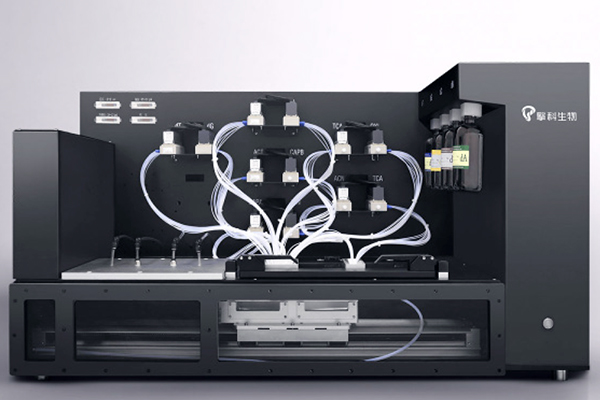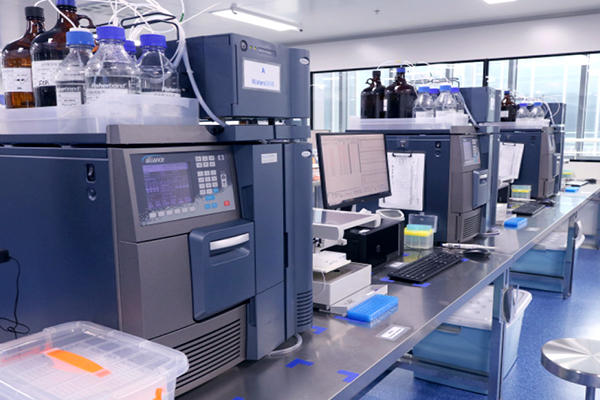Did you know that the global market for PCR (Polymerase Chain Reaction) technology is projected to reach over $10 billion by 2025? This staggering figure highlights the growing importance of pcr primer design, especially in regions with import/export restrictions where access to essential reagents can be limited.
PCR Primer Design: A Key Player in Biotechnology
PCR primer design is a critical aspect of molecular biology, enabling scientists to amplify specific DNA sequences for various applications. In regions facing import/export restrictions, the dynamics of this process become even more complex. These areas often grapple with limited access to high-quality primers and reagents due to regulatory hurdles, which can stifle innovation and research progress. However, local companies are stepping up to fill these gaps by developing tailored solutions that cater specifically to their regional needs.
Tsingke’s Role in Import/Export Restricted Regions

Import/export restricted regions typically experience challenges such as stringent regulations and limited availability of foreign products. Tsingke has emerged as a key player within these markets by providing locally sourced PCR primers designed for optimal performance under unique conditions. With its commitment to quality and compliance with local regulations, Tsingke holds promising prospects for growth and collaboration within these constrained environments.
The Characteristics of DNA Synthesis Companies in Import/Export Restrictions
When it comes to DNA synthesis companies operating under import/export restrictions, several advantages and disadvantages come into play:
Click dna synthesis company.- Advantages:
- Local Production: Reduced dependency on international suppliers allows quicker turnaround times.
- Cultural Understanding: Local firms better understand regional scientific needs and regulatory landscapes.
- Sustainability Initiatives: Many local companies focus on eco-friendly practices that resonate well with community values.
- Disadvantages:
- Lack of Resources: Limited funding may hinder research capabilities compared to larger international competitors.
- Narrow Product Range: Fewer options available might restrict researchers’ ability to find suitable primers or reagents.
- Difficulties in Innovation: Regulatory barriers could slow down the introduction of new technologies or methods.
A Concluding Perspective on PCR Primer Design Amidst Restrictions
PCR primer design plays an indispensable role in advancing biotechnology across various sectors; however, its implementation faces unique challenges within import/export restricted markets. By understanding both the opportunities presented by local players like Tsingke and the inherent limitations imposed by regulation-driven environments, we can appreciate how crucial adaptive strategies are for fostering scientific advancement despite constraints. The future looks bright as innovative solutions continue emerging from these challenging landscapes!
